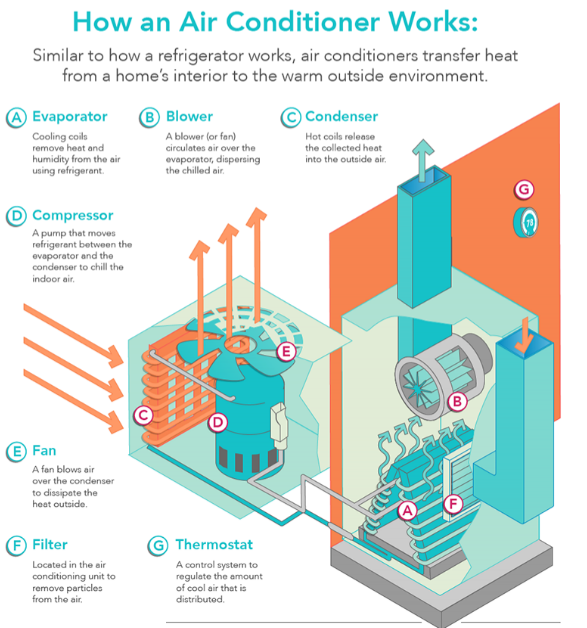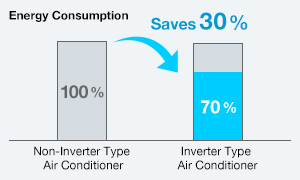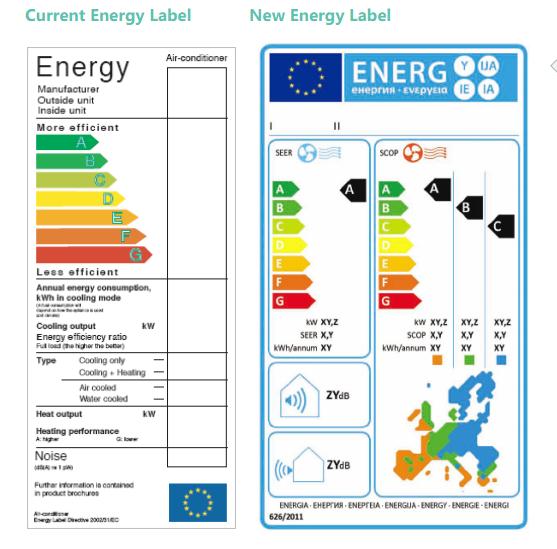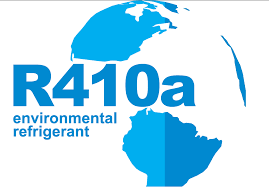Air-conditioners reduce the amount of moisture in the air which is what also makes you feel cooler.

Are Air-conditioners the most efficient way to heat and cool your home?
Standard electric heaters, have an efficiency of approximately 100% – so for every 1kW of electrical input they can produce around 1kW of heat output. Air-conditioners have a better efficiency with 1kW of electrical input producing 2kW and more. A very efficient air-conditioner will provide 3kW on 1kW. That would make the machine an energy star rating of 1.
Factors to consider to reach optimal energy efficiency:
- Buy inverter technology air-conditioners.
- Ensure doors and windows are closed when the air-conditioner is running.
- Insulate your roof.
- Ensure the air-conditioner is maintained as per its service intervals.
- Ensure the BTU size is correct for the area being heated or cooled.
Why must I maintain the air-conditioner?
You will not have a guarantee from the supplier if you do not service your air-conditioner at the required intervals. If you regularly service your air conditioner by cleans and replacing filters, it will save energy and prolong the life of your unit. A typical service will include:
- Check for correct amount of refrigerant
- Test for refrigerant leaks using a leak detector
- Capture any refrigerant that must be evacuated from the system, instead of illegally releasing it to the atmosphere
- Check for and seal duct leakage in central systems
- Measure airflow through the evaporator coil
- Verify the correct electric control sequence and make sure that the heating system and cooling system cannot operate simultaneously
- Inspect electric terminals, clean and tighten connections, and apply a non-conductive coating if necessary
- Oil motors and check belts for tightness and wear
- Check the accuracy of the thermostat.
How does Inverter Air Conditioning work?
When the inverter air conditioning is switched on, the compressor operates at a high speed in order to cool or heat the room quickly. As the room temperature approaches the set temperature, the compressor slows down, maintaining a constant temperature and saving energy
Inverters are reported to use on average 30-40% less energy than a traditional fixed speed Aircon and will carry a very good energy rating. A 30 000 BTU typically carries an A rating will use 1370kWh annually if run on cooling continuously.




Subsidiary Legislation 427.75 Energy Labelling Of Household Air-Conditioners (Implementing Measures) Regulations. Read more here.
The are the benefits of using an inverter?
- At least 30% – 50% cheaper to run as it consumes less power
- Far quicker to achieve desired temperature
- The start up time is reduced by 30%
- Much quieter
- No temperature fluctuations, maximising comfort level
- No voltage peaks from compressor
What is R410A vs R22 gas?
All new air-conditioners installed must be installed with the R410A environmentally friendly gas. R22 gas is an ozone depleting gas as well as a green house gas and due to the Montreal Protocol and National Environmental Management Air Quality Act 39 of 2004, Ozone Depleting Gases Regulations R22 gas will be phased out in South Africa over the next 35 years.
What size of BTU’s are required for the room?
A room air conditioner’s efficiency is measured by the energy efficiency ratio (EER). The EER is the ratio of the cooling capacity (in British thermal units [Btu] per hour) to the power input (in watts). The higher the EER rating, the more efficient the air conditioner.
Proper sizing is very important for efficient air conditioning. Buying a bigger room air conditioner won’t necessarily make you feel more comfortable during the hot summer months. In fact, a room air conditioner that’s too big for the area it is supposed to cool will perform less efficiently and less effectively than a smaller, properly sized unit. The reason: an oversized unit will cool the room(s) to the thermostat set-point before proper dehumidification occurs, making the area feel “clammy” and uncomfortable.” A small unit running for an extended period operates more efficiently and is more effective at dehumidifying than a large unit that cycles on and off too frequently. Undersized units will have to work harder to heat or cool your room, and may be unable to reach and maintain your preferred temperature. Oversized products will typically be less energy efficient and they’re likely to cost more upfront as well.
Based on size alone, an air conditioner generally needs 20 Btu for each square foot of living space. Other important factors to consider when selecting an air conditioner are room height, local climate, shading, and window size.
